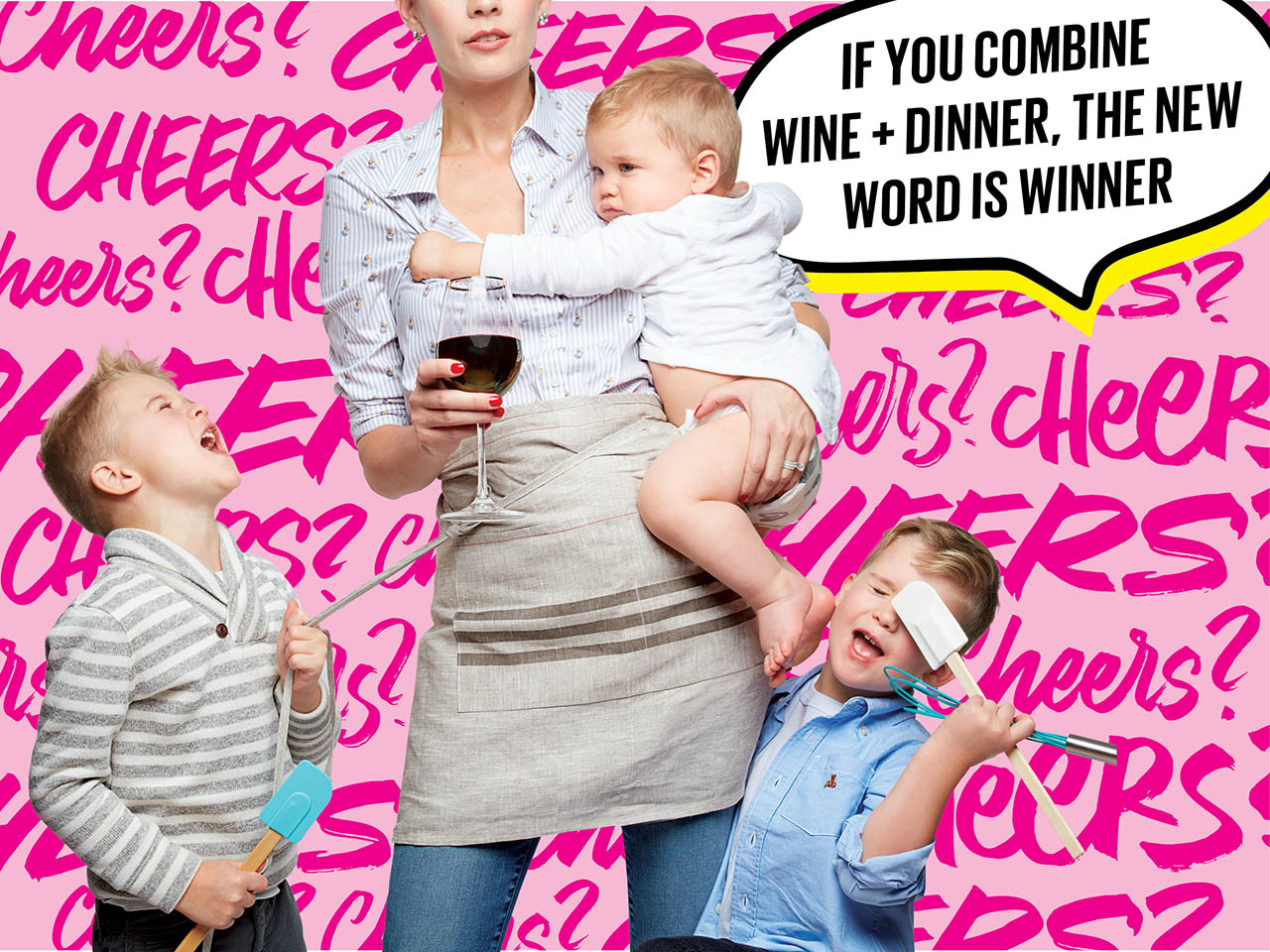
You’ve probably heard the term “mommy juice” a time or two. The term has likely come up on your social media timelines recently. The popularity of the not-so-cute, cute phrase is having a negative effect on our brains and we don’t even realize it.
The term “mommy juice” usually refers to wine and taps into the self-care needs of stressed-out moms who seek some refuge – finding it at the bottom of a bottle of wine. There are wine glasses everywhere that don the popular phrase and there is even a brand of wine by the same name. But what is this doing to our minds and why are we okay with the normalization of increasing alcohol use in women?
What many don’t realize is that the rate of alcohol abuse and addiction in women has been on a steady rise in recent years. Results from the National Epidemiologic Survey on Alcohol and Related Conditions showed that high-risk drinking among women has risen 58% in the last decade. Part of the reason for this is that drinking culture has changed. Women are more liberated to engage in activities that may have been taboo in the past – including overindulging in alcohol. This practice, however, is leading to some unexpected consequences.
According to the Centers for Disease Control and Prevention Fact Sheet, 10% of pregnant women reported using alcohol in the previous 30 days. This is a shocking statistic that often leads to long-term intellectual and physical disabilities in the child exposed to alcohol in utero. 
Terms like “mommy juice” desensitize us to alcoholism and almost excuse alcohol’s abuse for mothers because they’ve “earned it”. However, the abuse of alcohol can have detrimental emotional effects on children who witness the habit in their parents. In an article written by Buddy T. in VeryWell Mind that discusses the effects of parental alcoholism on children, the author points out several areas that are greatly influenced by being raised by alcoholics, including the normalization of alcoholism, trust in relationships, self-judgment, and the display of approval-seeking behaviors.
Parents magazine recently surveyed over 1600 moms to get there take on their drinking habits and how they affect their parenting. 78% of those polled stated that they drink at least 1 alcoholic beverage every week and third of moms said that they consume 4 or more drinks a week. These numbers alone may not be too alarming but the survey also revealed that almost half the moms have tried to slow down their drink, a third say they might be drinking too much and over 10% said that they’re worried they may have a dependency problem. On top of that, almost half the moms say they’ve been tipsy or drunk around their kids.
This is not to say that every time a mom is tipsy in front of their children that they are ruining them, but I think the key here is repeated exposure – that’s when there is likely to be some negative consequences. Research has already proven that children of alcoholics are more likely to become alcoholics themselves compared to their peers who were not raised by alcoholics. The fast-rising rate of alcohol dependence and addiction in women calls for a thorough look into the factors contributing to its growth and addressing those factors head-on – especially for those parents who are the primary caregivers of growing and impressionable children.
